A second revolution of quantum physics is being ushered by the increasing understanding and control of complex quantum interactions. Unprecedented levels of precision quantum measurements of time, length, electromagnetic fields, gravity and many other quantities will improve our daily lives, create new products and services, and promote security. Exquisite control of complex quantum states will lead to powerful quantum computers and quantum networks. And advanced quantum measurements will allow tabletop experiments to observe colliding black holes, illuminate dark matter, simulate exotic quantum environments, sew connections between gravity and quantum, and identify cracks in our standard model of physics.
JILA’s Quantum Information Science & Technology (QIST) research has strong foundations in entanglement, single atom trapping, magnetism-based quantum simulators, macro quantum objects, and translation of quantum information between light and mechanical motion. JILA’s QIST research helps advance fundamental quantum science, the development of high-impact quantum technologies, and training future generations of QIST innovators.



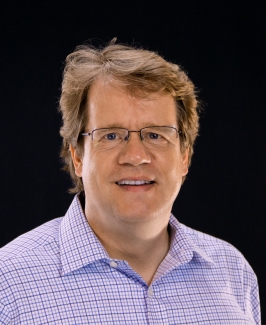
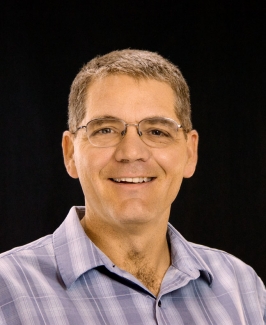
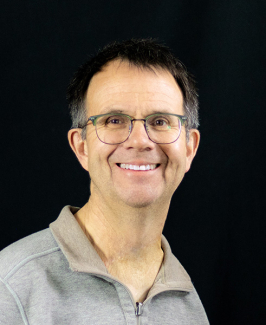
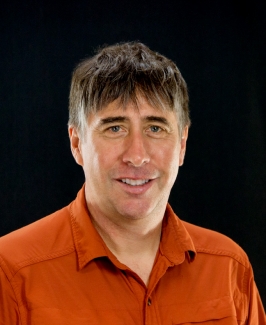

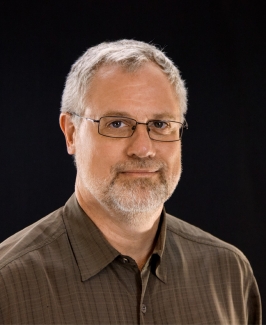
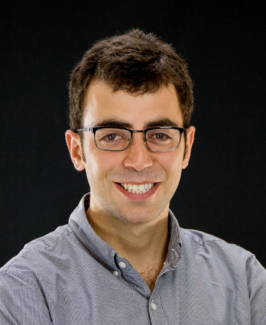
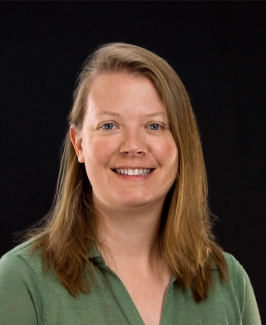
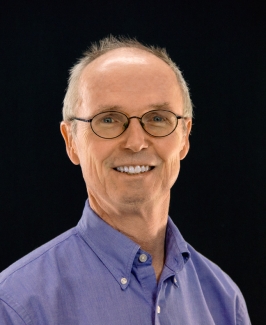
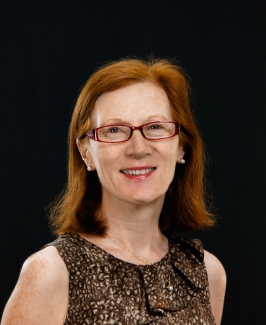
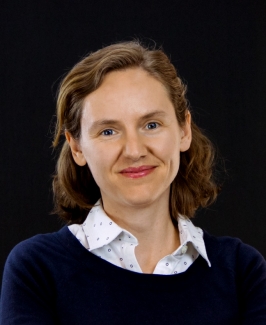
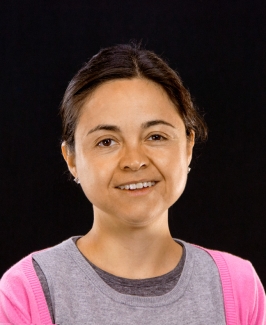
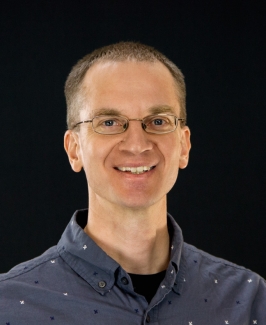
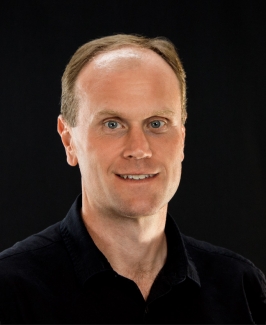
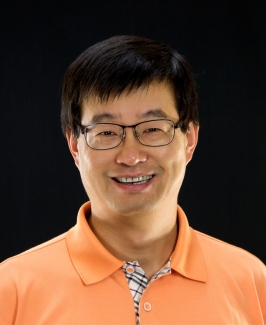
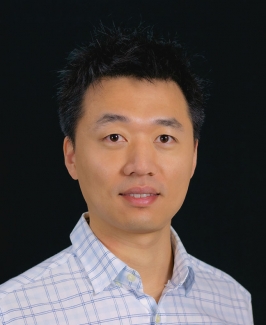
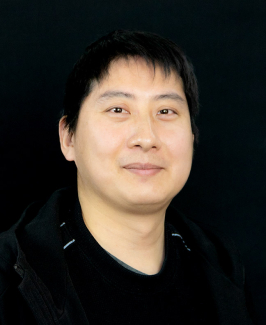
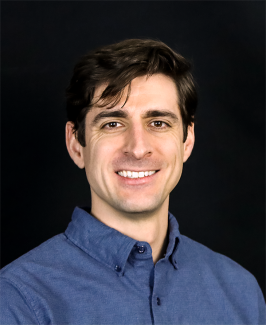



 The Physics Frontiers Centers (PFC) program supports university-based centers and institutes where the collective efforts of a larger group of individuals can enable transformational advances in the most promising research areas. The program is designed to foster major breakthroughs at the intellectual frontiers of physics by providing needed resources such as combinations of talents, skills, disciplines, and/or specialized infrastructure, not usually available to individual investigators or small groups, in an environment in which the collective efforts of the larger group can be shown to be seminal to promoting significant progress in the science and the education of students. PFCs also include creative, substantive activities aimed at enhancing education, broadening participation of traditionally underrepresented groups, and outreach to the scientific community and general public.
The Physics Frontiers Centers (PFC) program supports university-based centers and institutes where the collective efforts of a larger group of individuals can enable transformational advances in the most promising research areas. The program is designed to foster major breakthroughs at the intellectual frontiers of physics by providing needed resources such as combinations of talents, skills, disciplines, and/or specialized infrastructure, not usually available to individual investigators or small groups, in an environment in which the collective efforts of the larger group can be shown to be seminal to promoting significant progress in the science and the education of students. PFCs also include creative, substantive activities aimed at enhancing education, broadening participation of traditionally underrepresented groups, and outreach to the scientific community and general public.